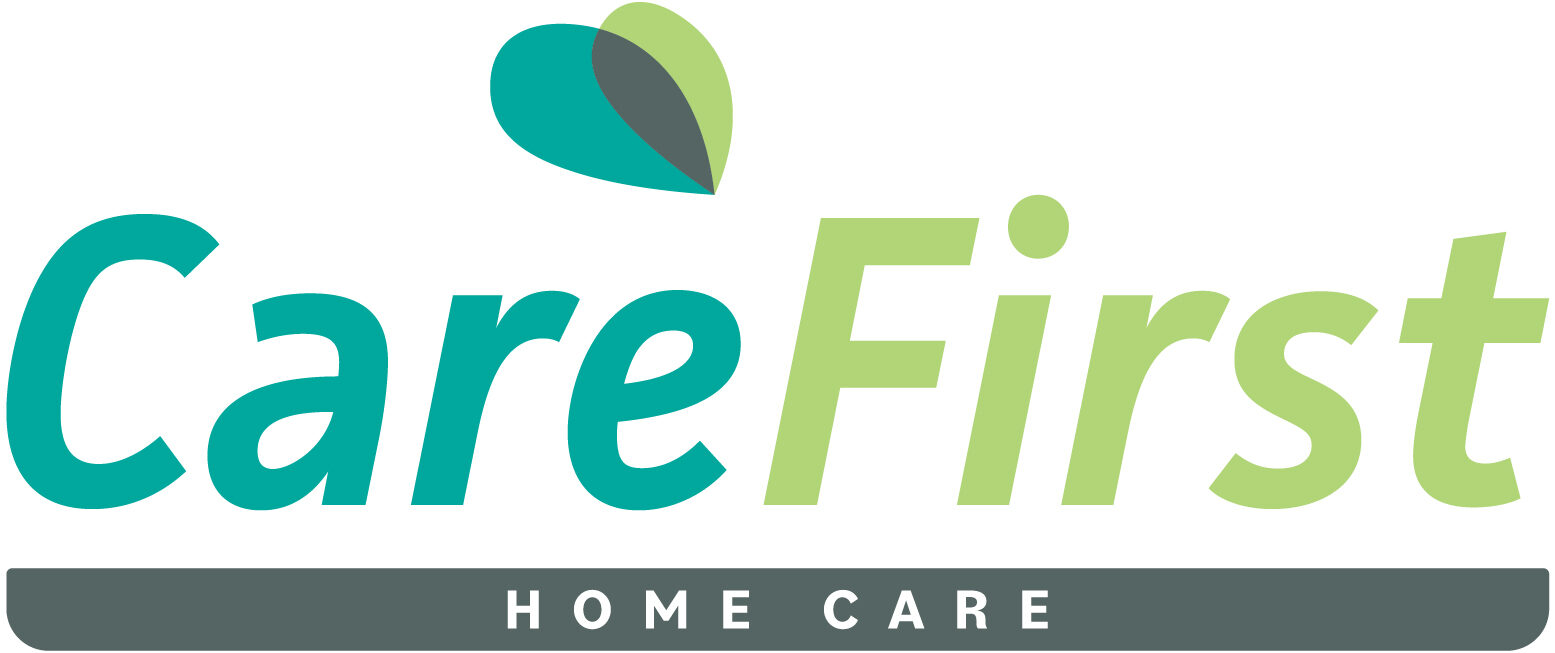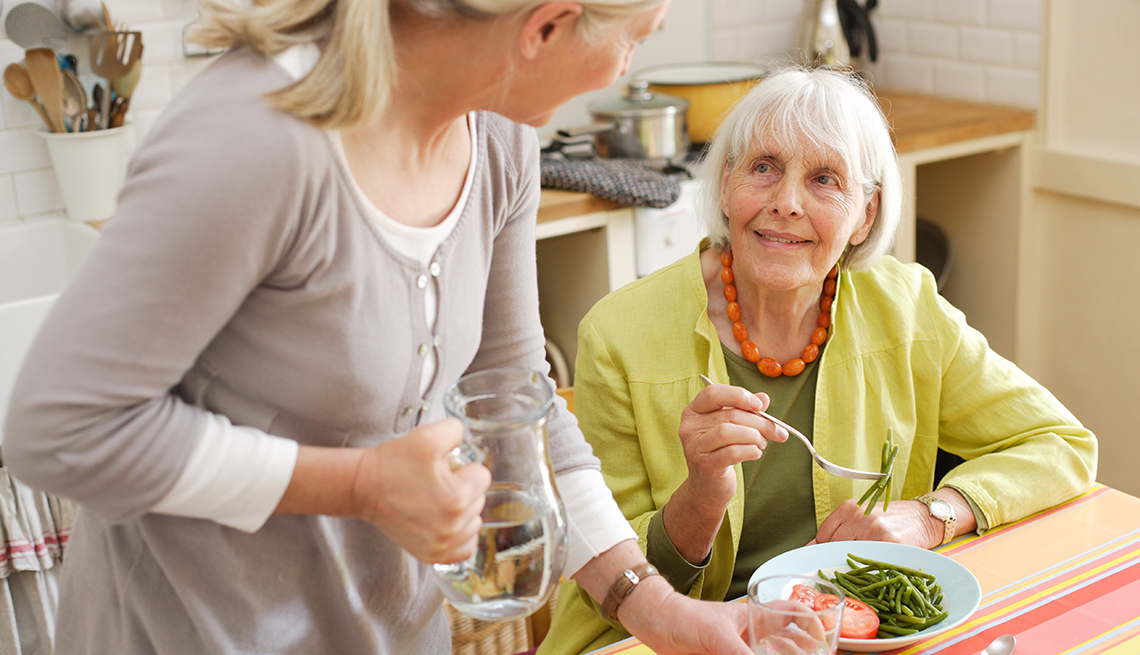Elderly dehydration is a very serious risk factor as we grow older. When most of us picture dehydration, we think of overworking on a hot day. As we get older, however, it takes far less to drain our bodies of the water they need so badly. One of the best ways to combat dehydration is knowing the causes, recognizing the symptoms, and taking action steps to prevent it from occurring.
Causes
There are multiple reasons that dehydration is so common among the elderly. First, our sense of thirst actually decreases with age. While we still require the same amount of water, our body is not relaying that message to us properly. The kidneys are also a concern as we age. As they slowly lose the ability to function, they can’t hold as many fluids. Additionally, certain medicines we take as we grow older have side effects that could make us urinate or sweat more than usual.
Symptoms
The basic symptoms of dehydration all apply here. This includes dizziness, dry mouth, confusion, quick heart rate, and unusually low amounts of sweat and urine. These are all serious symptoms, especially for an older person. If you are growing concerned but still unsure if you are witnessing dehydration, pinch and pull the skin on the back of your loved one’s hand. If the skin stays in the pinched position after you release, they are experiencing dehydration.
Prevention
While prevention is last on our list, it’s perhaps the most important information to know. Preventing the problem before it occurs is always the number one goal, especially when it involves our loved ones! The number one thing to remember is drinking a lot of water and eating foods with a high water content. Due to the decreased thirst senses we discussed earlier, it’s important they drink even if they are not thirsty. Always have some water available and work to make it a routine! If you are becoming concerned about dehydration, check your loved one’s urine color and talk to a professional about their medication symptoms.
CareFirst Can Help!
We understand the love family members have for one another, and every caregiver is trained to know the symptoms of elderly dehydration and much more. We also provide progress reports and routine checkups that monitor the well-being of our clients. Our number one goal is promoting the health of every client, and we do everything in our power to keep both the elderly and their loved ones aware and educated about potential dangers. Contact us for more information.


